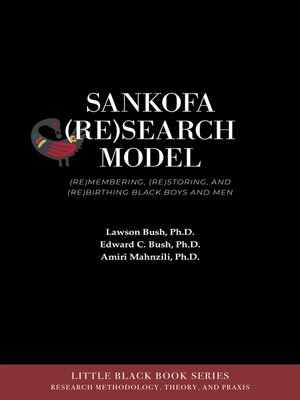The Life History Method
ebook ∣ Studying People of African Descent · LITTLE BLACK BOOK SERIES
By Doris Kakuru

Sign up to save your library
With an OverDrive account, you can save your favorite libraries for at-a-glance information about availability. Find out more about OverDrive accounts.
Find this title in Libby, the library reading app by OverDrive.



Search for a digital library with this title
Title found at these libraries:
| Library Name | Distance |
|---|---|
| Loading... |
The life history method is a qualitative research approach that collects and interprets detailed personal histories to situate individual experiences within broader social, cultural, and historical contexts. While its roots trace back to early anthropological studies in colonized societies, the methods have since evolved to emphasize the power of personal storytelling, particularly within communities that have been historically misrepresented in scholarship, including people of African descent. This book critically addresses the application of life history research through the lens of Black/African Studies, with an emphasis on decolonization, epistemic justice, and culturally relevant practices. It acknowledges the colonial history of ethnographic research, where early scholars often silenced the voices of the people they studied, instead focusing on the subjects themselves. It offers an emancipatory framework for understanding Black life histories as not merely data but as sacred tools of cultural transmission.
Volume 3 in the Little Black Books on Methodology, Theory, and Praxis, this book offers scholars and researchers practical guidance on conducting life history research with Black communities. Dr. Kakuru outlines the entire research process, from project design to data collection, analysis, and knowledge dissemination, emphasizing reflexivity, ethical considerations, and the importance of cultural practices in data management. Across five chapters, the book moves beyond Eurocentric traditions of life history research, proposing transformative approaches that center Black participants and redefine systems of knowledge production.







